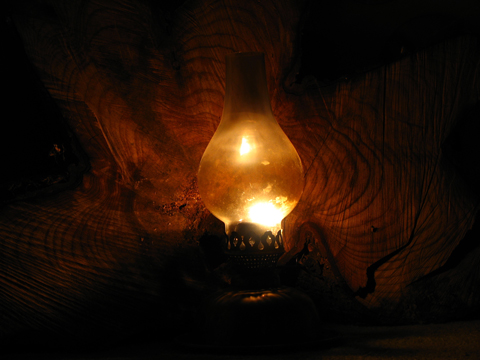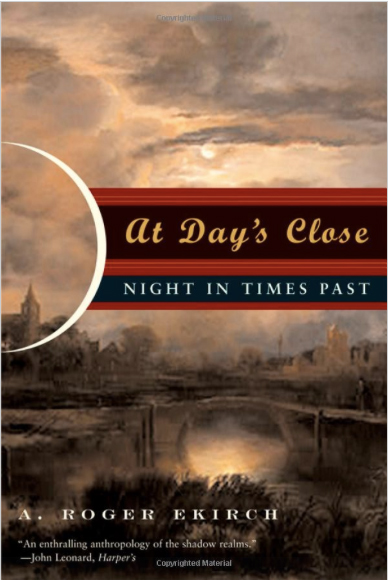
Post by Kyle St. Romain.
Perhaps the most universal sleep instruction prescribed to all is to get eight hours of sleep, give or take an hour or so depending on the person. On its surface, this sleep regime seems to make perfect sense and I’ve never had any reason to question it before. However, I recently came across some references to a professor who discovered some historical references to the idea of segmented sleep and I decided to do some digging.
Roger Ekirch (don’t ask me how to pronounce that), a professor of history at Virginia Tech, published a book back in 2006 titled, At Day’s Close: Night in Times Past, which explores how society “dealt with” the nighttime throughout history. As the stories go, while Ekrich was researching this book he discovered over 500 references to the idea of segmented sleeping patterns, i.e., sleeping for a few hours after dusk, followed by a waking period of a couple hours, and followed again by a second sleep.
Ekrich’s findings, corroborated with an experiment conducted by Thomas Wehr, a psychiatrist, suggests that a condition called sleep maintenance insomnia, where restless people wake in the middle of the night and have trouble falling back to sleep, may actually be explained by our history.

Basically, the late night restlessness many of us try to overcome is the way we may have actually been intended to sleep before the advent of cheap electricity and plentiful street lighting used to illuminate our previously dark and frightful nights. Now brightened with light bulbs (oil lamps in the past), spending time after sundown has become a more legitimate, if not fashionable, way to spend your time. Today, many of us with sleep problems may simply be two-sleep people living in a one-sleep world.
I highly recommend Ekrich’s book, especially if you’re on the hunt for some late night reading (no pun intended). BBC News has an excellent article discussing Ekrich’s findings if you need some more convincing. Jessa Gamble also did a 6 minute or less talk for TED about the myth of the eight-hour sleep.
In the mean time, if you’re having trouble waking up and falling back to sleep at night, do not despair; use this time to reflect on your dreams, read a book, or chat with your wife (if she’s likewise awake). Waking between sleeps may not be as bad as you thought it to be.

